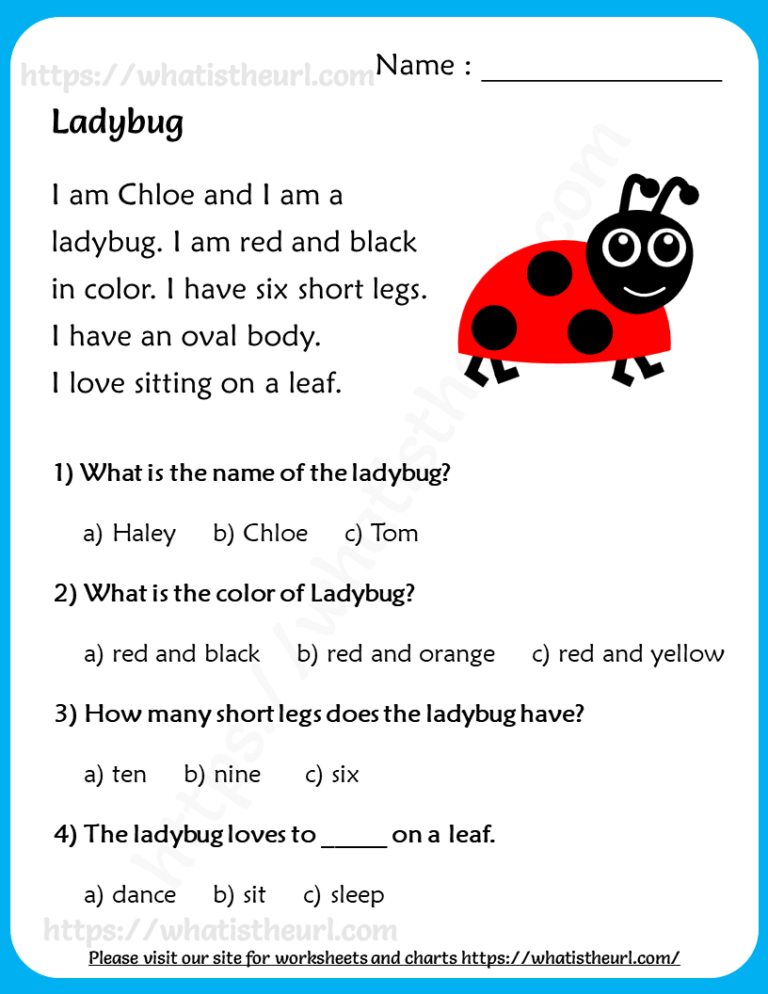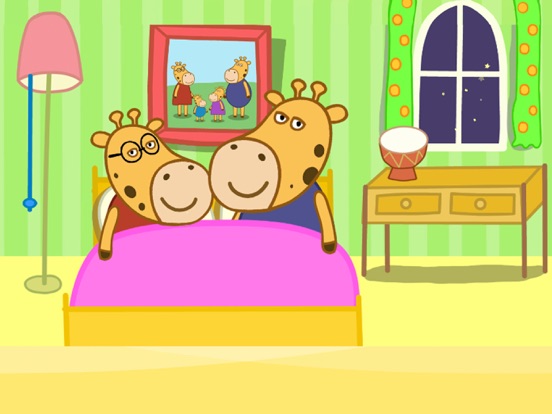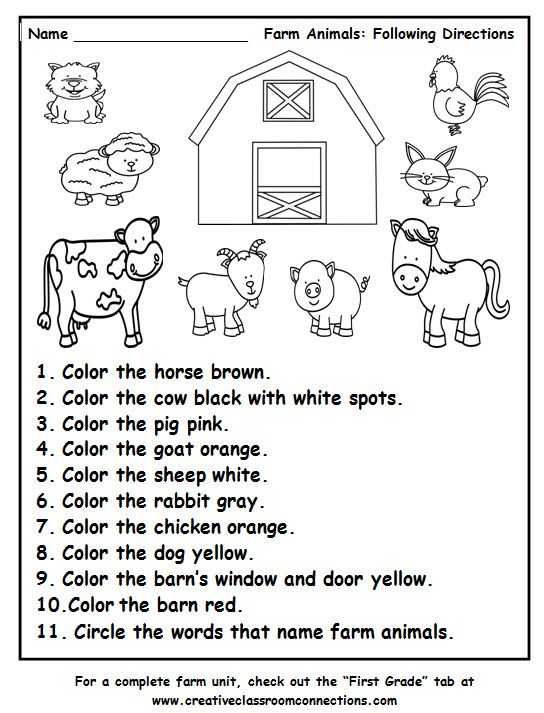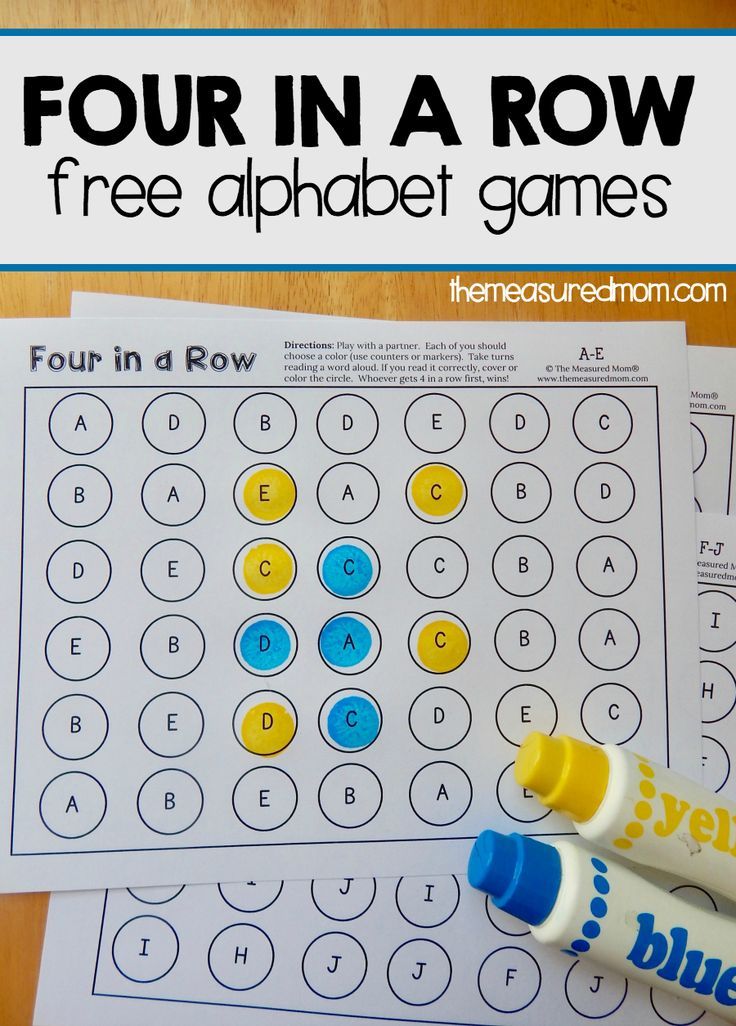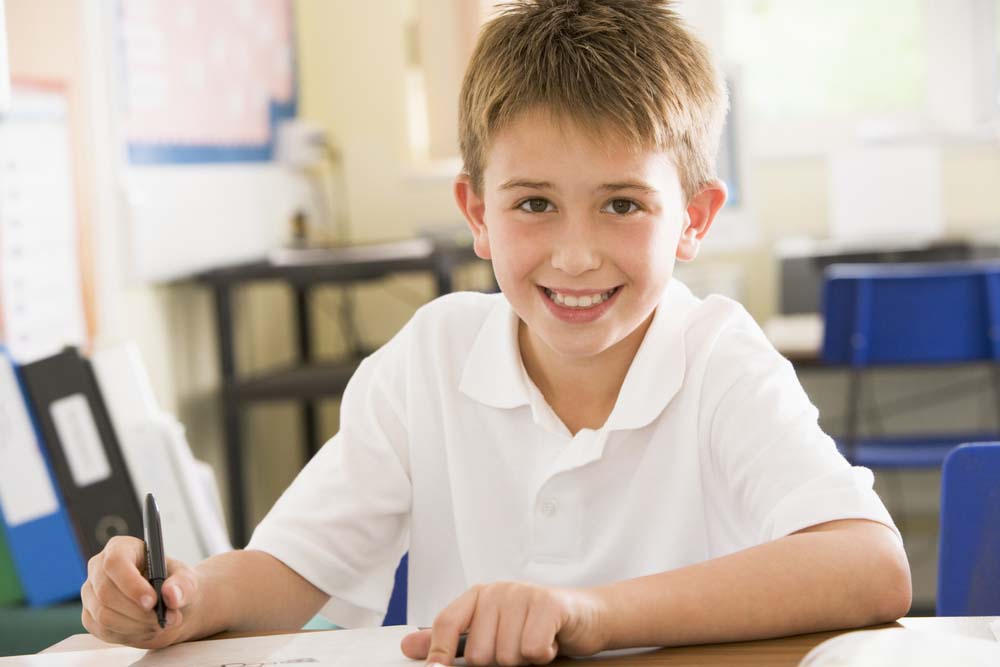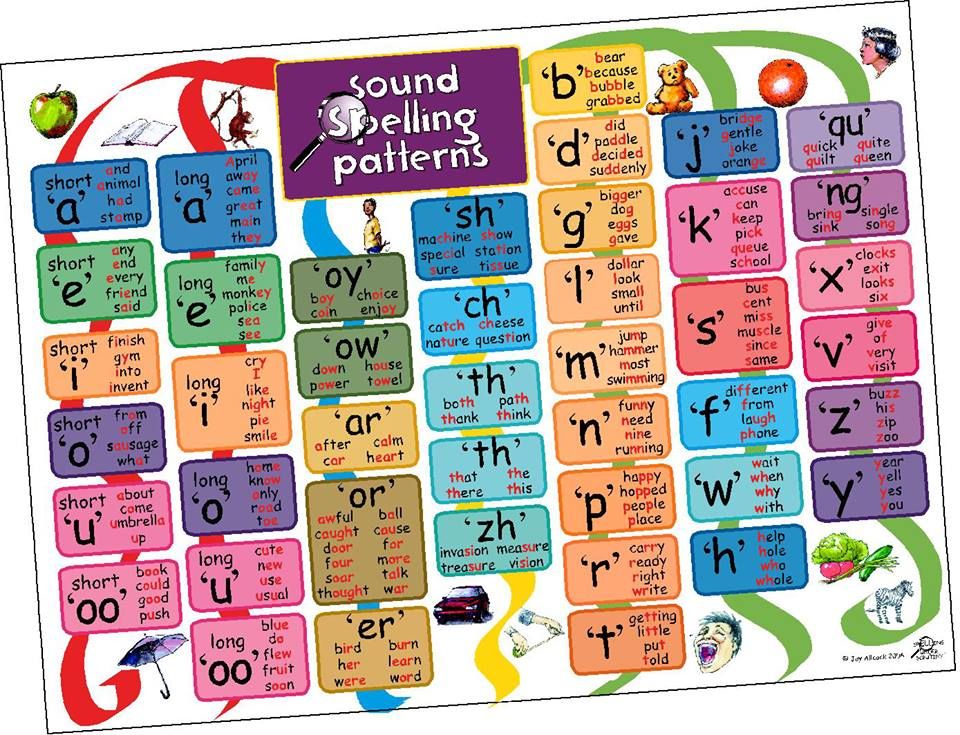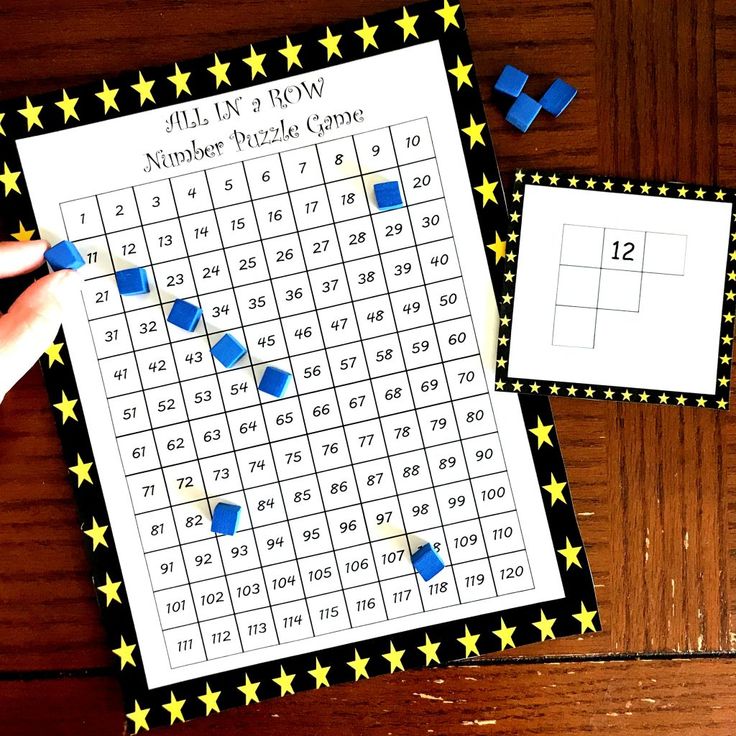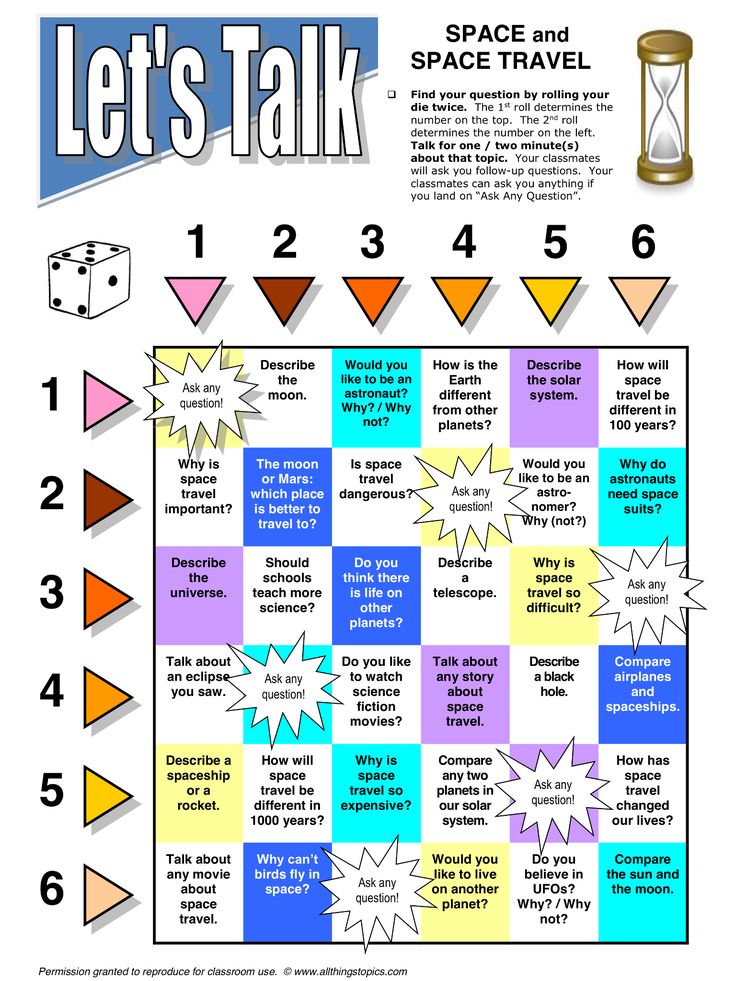Homer childrens learning
The Essential Early Learning Program and App for Kids 2-8
Playful Learning with Proven Results
Personalized to Age and Level
Increase Early Reading Scores by 74%
1,000+ Activities Across Subjects
Start Your 30-Day Free Trial
Learn, play, and thrive
With 85% of brain development occurring by the age of 5, our expert-design program gives kids the right foundation for an early learning journey that’s both rewarding and fun.
Start Your 30-day Free Trial
Online Lessons: Ages 2-8
Pre-recorded videos cover basic preschool skills like literacy and numeracy, help increase vocabulary, and captivate attention with engaging themes we know kids love.
- Led by teachers with decades of early childhood experience
- Fun themed based lessons that build literacy & numeracy skills
- Fits easily into your family’s busy life
Learn & Grow App: Ages 2–8
Our safe, ad-free app with kid-friendly navigation is perfect for independent play and features 1,000+ activities across reading, math, social & emotional learning (SEL), creativity and more.
- Personalized to age and level to grow with each child
- Safe, ad-free app with kid-friendly navigation is perfect for independent play
- 1,000+ activities across reading, math, social & emotional learning
Digital Workbook: Ages 2–8
Practice learning offline with our print friendly digital workbook. Use a hands-on approach to reinforce what you learn in the app, anywhere you go.
- Includes over 50+ pages of learning activities
- Practice ABCs, writing, color tracing, and more
- Designed by early learning experts
Compare Learning Plans
Save 50%
Annual Plan
$16.66/mo
$8.33/mo.
$99.99 billed every 12 months
Quarterly Plan
$13.66/mo.
$40.99 billed every 3 months
Unlimited access to HOMER app
App activity insights
8 online classes
Digital workbook
Up to 4 child profiles
$99.99 charged after 30-Day free trial. Cancel anytime.
Cancel anytime.
Playful Learning They’ll Love
Our program delivers playful learning across subjects, building the skills kids need through lessons and activities they love.
Literacy
Developing skills for reading and writing
Math
Building blocks for math confidence
Social & Emotional Learning
Tools for navigating social skills, empathy, and confidence
Thinking Skills
Brain games for big thinking
Creativity
A space for imaginations to run wild
Start Your 30-day Free Trial
The Brains Behind the Fun
Our learning experts are parents, teachers, designers, and makers with backgrounds in early child development, curriculum design, and education technology.
Dr. Jody Sherman Levos
VP, Learning & Curriculum Design
Jody has a Ph.D. in developmental science. She uses research and fun to innovate e-learning as she crafts a meaningful curriculum that fosters cognitive development.
Dr. Samantha Creighan
Sr. Director, Learning & Curriculum Design
Samantha has a Ph.D. in cognitive studies. Specializing in research and development, she uses interactive content to teach mathematics to early learners.
Peggy Kaye
Sr. Director, Learning & Curriculum Design
Peggy is an education consultant, sought after tutor, and the author of many acclaimed books, including “Games for Reading” and “Games for Math.”
Kassy R.
Instruction Lead
As the head teacher for HOMER & codeSpark Academy, Kassy has helped create a fun and effective online class experience for kids 3-10 years old. She has taught both preschool and elementary computer science for close to a decade.
Cara T.
Instructor
One of HOMER’s learning experts, Cara has more than 20 years of experience working with kids and creating curriculums for playful learning. She has a background in Child Development and Learning and is the mom of a toddler son.
She has a background in Child Development and Learning and is the mom of a toddler son.
Cassie W.
Instructor
Cassie is a mom, preschool teacher, and Master's student in Early Childhood Education with more than 15 years of classroom experience that includes virtual preschool. She loves connecting with kids and helping them find the joy of learning.
The Buzz On HOMER
“HOMER is a parent’s dream! Kids are having fun, so they don’t know it’s learning. They ask to do more!”
Deb S.
“Both of my kids use HOMER’s learning program and have excelled! We’ve tried literally 20+ apps and websites, and NONE hold a candle to HOMER.”
Brittany
“My four-year-old daughter has sensory processing disorder; getting her to focus on learning can be a bit of a nightmare, but HOMER has her FULL attention.”
Katie M.
AS SEEN IN
Learn & Grow: The Learning & Education App Kids Love
INTRODUCING
The app thoughtfully made for (and loved by) kids 2-8
Get Started
The Learning App Kids Love
Part of HOMER’s essential early learning program, HOMER Learn & Grow takes kids on a personalized learning journey that boosts their confidence and grows with them.
 Start Your free trial
Start Your free trialHOMER Learn & Grow is certified by the kidSAFE Seal Program
To learn more click the seal or go to www.kidsafeseal.comSo Many Reasons to Learn & Grow
Personalized
Lessons and activities personalized to age, interests, and skill level
Comprehensive
Playful learning across subjects: reading, math, social-emotional learning, creativity, and more
“I Did It!” Moments
Builds confidence with skills kids and parents are proud of
Flexible & Fun
Ad-free, kid-friendly navigation for independent play
Proven
Designed by experts, backed by research, and tested by kids
A World of Learning to Explore
Select a subject for a peek inside!
Reading
Math
Social & Emotional Learning
Creativity
Thinking Skills
Reading
Personalized pathway that builds essential skills on one another—from letters and sounds to sight words, to eventually reading and spelling
HOMER’s reading pathway is proven to increase early reading scores by 74%!
The Learning Journey That Grows with Your Child
HOMER grows with your child throughout their learning journey, teaching them the right skills at the right time.

Toddler
Preschool
Pre-K
Early Learner
Growing Learner
Explore Ages
Ready to Sign Up?
Annual
$119.88
$59.99/yr.
($4.99/mo.)
Billed yearly at $59.99
Start Free Trial
SAVE 50%
Monthly
$9.99/mo.
Billed monthly at $9.99
Start Free Trial
Included in your trial
Unlimited access to the Learn & Grow App
Add up to 4 child profiles
Offline activities, resources, and play tips from learning experts
No commitment, cancel anytime
Personalization Made Easy
You tell us a little about your child, and we’ll come up with a learning journey made just for them!
We combine your child’s unique interests
with their age and current learning level
to create a personalized learning journey they love
that builds essential skills for school and life!
Start Your Free Trial
The Most Effective Way for Your Child to Learn
Developed by experts, our research-based, four-step approach goes beyond rote memorization to build confidence, promote problem-solving, and foster a lifelong love of learning.

learn more
Why Parents HOMER
“Both of my kids use HOMER learning program and have excelled! We’ve tried literally 20+ apps and websites and NONE hold a candle to HOMER.”
Brittany C
Topic 2. Upbringing and education in the ancient world - Mega-tutorial
1. Upbringing of children and youth in archaic Greece IX - VIII centuries. BC.
2. Education in ancient Greece in the VI - IV centuries. BC.
3. Features of female education in ancient Greece.
4. Upbringing and education in Ancient Rome.
Literature.
1. G.E. Zhurakovsky. essays on the history of ancient pedagogy. - M., 1963.
2. L.N. Modzalevsky. Essay on the history of education and training from ancient times to the present day. Part 1. - S. - P., 2000.
1. The upbringing and education of youth in this era was reflected in the Homeric poems "Iliad" and "Odyssey". Homeric Greece did not yet know school forms of education, but attention to the upbringing of children was high. There was an image of a perfect person, an educated person, developed both physically and morally. In educational practice, this way was guided as a pedagogical goal. Heroes of Homer were brought up by home teachers, as a rule, elders. This is how Phoenix, the teacher of Achilles, appears before us. He forms his goal like this: “Yes, I will teach you everything: if you were in speeches, you would be a famous doer of deeds.”
There was an image of a perfect person, an educated person, developed both physically and morally. In educational practice, this way was guided as a pedagogical goal. Heroes of Homer were brought up by home teachers, as a rule, elders. This is how Phoenix, the teacher of Achilles, appears before us. He forms his goal like this: “Yes, I will teach you everything: if you were in speeches, you would be a famous doer of deeds.”
Heroes of Homer are fluent in oral vivid and figurative speech, know myths, deeds of gods and ancestors, the history of their people, sing beautifully and play musical instruments, read written messages. Homer characterizes the ideal hero as "thinking, wise." The sin of the archaic era had to be developed physically, to be able to use weapons. In ethical poems, the following characteristics are given in connection with this: “strong, hardy”, “swift, strong in muscles”, “capable of fighting”. Artistically revealed by Homer is the ideal of moral education: his hero is “glorious in descendants”, “acting as usual”, “fair”, “loyal”, “reliable”.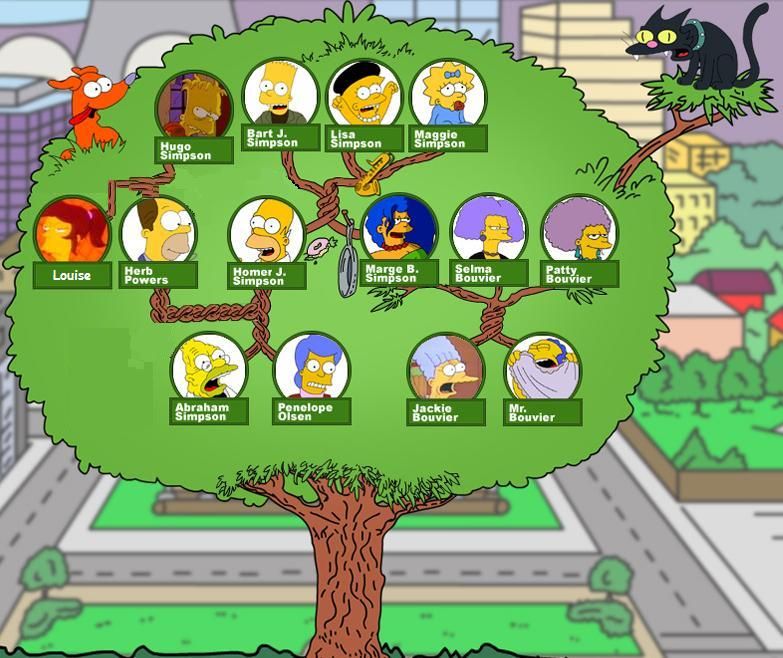 The ultimate goal of upbringing according to Homer is to achieve glory, to surpass his father in valor: “Let them once say about him, seeing from the battle going: he surpasses his father” - says Hector about his son.
The ultimate goal of upbringing according to Homer is to achieve glory, to surpass his father in valor: “Let them once say about him, seeing from the battle going: he surpasses his father” - says Hector about his son.
At that time, educators used methods, on the one hand, stimulating positive behavior, on the other hand, condemning and suppressing undesirable ones. Adolescents were encouraged to be "the best among their peers."
2) During the heyday of Hellas, Athens and Sparta played a leading role among many small states. These two polar cities-states gave two different models of the organization of education in the ancient Greek world.
In Sparta, the ideal of a strong in spirit, physically developed, smart in military affairs, but essentially ignorant person has developed. Even Aristotle noted that the main drawback of Spartan education was that the Spartans felt confident only during military operations, and they did not know how to use their leisure time, because they had a limited horizon of people specializing in military affairs.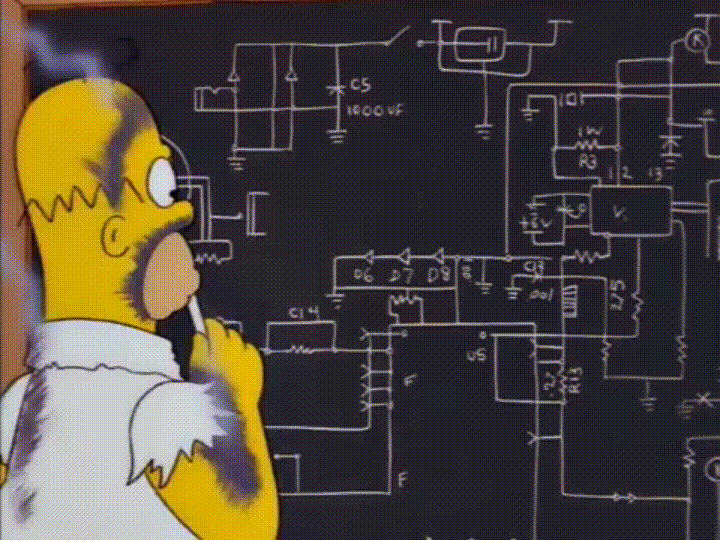 On the contrary, in Attica, young people were given a broad, universal education for those times. The Athenian Pericles distinguished in his speech: “... I affirm that our entire state is the center of enlightenment of Hellas; each person can, it seems to me, adapt in our country to numerous kinds of activity…”
On the contrary, in Attica, young people were given a broad, universal education for those times. The Athenian Pericles distinguished in his speech: “... I affirm that our entire state is the center of enlightenment of Hellas; each person can, it seems to me, adapt in our country to numerous kinds of activity…”
Let us consider these two opposite systems of education in more detail. Education in Sparta was entirely in the hands of the state. Thanks to the detailed descriptions given by Plutarch, it can be restored quite holistically.
In Sparta, purposeful education of a person was given a decisive role. Plutarch, in his Study of the Spartans, cited the legend of how the legislator Lycurgus convinced the assembly of this. To do this, he showed the elders two dogs, one of which was a hunting breed, was accustomed to tasty food, and the second, a guard breed, to dog hunting. When food was placed in front of them and a hare was released, each rushed to what she was accustomed to. And he concluded: "Education for the development of good qualities means more than nature."
And he concluded: "Education for the development of good qualities means more than nature."
The public education of the Spartans began from the first day of life. According to Plutarch, the elders examined the newborns. Weak and ugly children were thrown into the abyss of Taygetos, while healthy and strong children were handed over to nurses who knew their job perfectly. Spartan nurses were valued as professional educators throughout Greece. The babies were not swaddled, leaving freedom of movement for the body, they were taught to observe the measure in food and not be picky in food, they were taught not to be afraid of the dark, not to be frightened, the nurses skillfully stopped the crying and whims of the children.
From the age of 7, all the boys were gathered together and divided into so-called agels, which consisted of smaller divisions - silts. In these divisions, children lived, slept and worked together. Agelu was led by one of the boys, who was distinguished by intelligence and gymnastic skills.![]() Plutarch calls the agels "schools of obedience" where boys learned the art of command and obedience. Ordinary items took the Spartans a minimum of time. They studied literacy only for the sake of the needs of life.
Plutarch calls the agels "schools of obedience" where boys learned the art of command and obedience. Ordinary items took the Spartans a minimum of time. They studied literacy only for the sake of the needs of life.
From the age of 13, teenagers were trained and brought up in "schools for gymnastic exercises", which were headed by a "pedon" specially appointed by the elders, he had an assistant from among the older youths - "Eiren". These schools were under the watchful tutelage of the older generation. In these schools, teenagers practiced the art of war, participated in exemplary battles, and training campaigns. Moral conversations were held with them in order to teach them to distinguish good from bad. The interviews were conducted in the form of questions and answers and were supposed to accustom teenagers to brevity and clarity of speech. Hence the concept of "conciseness" (Sparta in Laconia).
From the age of 14, boys were subjected to public trials every year. These competitions were divided into gymnastic, where young men showed their success in physical training, and music, where they competed in singing and playing the flute.
Competitions in patience and endurance were held in the form of a section of teenagers at the altar of Artemis Orthia. According to the memoirs of Plutarch: “The boys in Sparta were flogged with a whip ... for a whole day, and they often died under the blows. The boys competed proudly and merrily to see which of them would endure the beatings longer and more worthily, the winner was glorified, and he became famous. The formation of the qualities of a victorious warrior was also served by such a state event as a cryptia - a military campaign of youth, during which they were given the right to secretly kill the strongest and most combat-ready among the enslaved population - helots.
Only after passing through all stages of state education did young men become full-fledged citizens.
In Athens, children under the age of 7, being in a family, received traditional family education. It was focused on the development of the body, the sense of beauty and the formation of the spiritual and moral makeup of the individual.
At the age of 7, the stage of schooling began. In wealthy families, the care of young schoolchildren was entrusted to a slave - an educator, a teacher. This more or less educated slave accompanied the child to school and looked after him at home, and had a great influence on the development of the individual.
Athenian educational institutions - didaskaleions - were private, therefore, paid. There were 2 types of elementary schools: musical and gymnastic 9palestra). The music school was taught by a teacher - a grammarian and a teacher - a cytharist. They taught reading, writing and arithmetic.
Literacy was taught using the subjunctive method. Waxed boards were used - ceres, on which the students applied letters, composed texts, and recorded calculations with styles - pointed sticks.
Musical education covered those areas of culture that were under the auspices of the muses. They were in charge of: poetry, music, dance, science, creativity.
Excerpts from the works of Homer, Aesop, Aeschylus, Sophocles, Euripides, etc. were memorized in music schools. Music, poetry, grammar were so closely connected that one teacher could teach them, simultaneously teaching them to play the lyre and cithara. The flute was not taught in Athens, because. it was believed that it was not combined with oral and written speech.
were memorized in music schools. Music, poetry, grammar were so closely connected that one teacher could teach them, simultaneously teaching them to play the lyre and cithara. The flute was not taught in Athens, because. it was believed that it was not combined with oral and written speech.
In the palestras (gymnastics schools) children practiced running, wrestling, jumping, discus and javelin throwing, preparing for participation in public competitions. From 16 to 18 years old, teenagers studied in state institutions - gymnasiums. There were 3 types of gymnasiums in Athens - the Academy, Lyceum, Kinosarg.
All of them were located outside the city, near the temples, were surrounded by gardens and were the favorite resting places of the Athenians.
Gymnasium Academy was located near the sacred grove and the temple of the legendary affine hero Akadema. In the gardens of the Academ there were altars to the Muses and to Prometheus, who, according to legend, gave people writing. In the premises of this gymnasium, Plato gathered his students.
In the premises of this gymnasium, Plato gathered his students.
The Lyceum gymnasium was located near the temple of Apollo of Lyceum. Aristotle taught at this gymnasium.
Not only children of full-fledged Afians could study at the Kinosarg gymnasium. Next to this gymnasium was the sanctuary of Hercules, the legendary demigod - worker, who was the patron - patron of this school.
From the age of 18, Athenian youths were members of the ephebia, an organization that prepared young men for legal and civil service. Here, young men underwent two years of training in military formations, being on state support. After 1 year of service, they took an oath of allegiance to the Athenian state.
3) Women's education in Sparta was also social. To make girls capable and fit to give birth to good children (this was the main vocation of noble women). They were also prescribed a gymnastic course. They practiced on specially arranged parade grounds for this. Such exercises were: galloping, running on the heels, wrestling, jumping, javelin and discus throwing. They wore light woolen clothes. When exercising gymnastics, the dress rose to the hip. Poets in this connection gave them the etiquette of "thigh-naked". In addition, they learned music and singing, as well as dancing. The girls appeared with an open face and half-naked not only on the gymnastic ground, but also in public processions, in the market, they were often accompanied by young men.
They wore light woolen clothes. When exercising gymnastics, the dress rose to the hip. Poets in this connection gave them the etiquette of "thigh-naked". In addition, they learned music and singing, as well as dancing. The girls appeared with an open face and half-naked not only on the gymnastic ground, but also in public processions, in the market, they were often accompanied by young men.
They grew vigorous, strong in the sun and clean air, living more in the open air than under a stuffy roof. They were not masters of weaving, spinning, but they knew how to manage the house well, realizing themselves as members of the state, they could boldly and freely talk with their husbands about public life. After marriage, they wore spacious dresses and left the house only under a coverlet. Their opinions were respected, their censures were feared, their praises were eagerly sought by men. The thought of a wife inspired the husband, the memory of the mother excited the son to everything that was sublime for a Spartan.
Women's education in Athens was limited. The most remote parts of the house served as the seat for her. Her society consisted of children and slaves. The main subject of maternal concern is the beauty of the daughter. In order not to lose harmony, the girl had to eat little. Her camp was laced with a wide ribbon, her hair was dyed, her eyebrows were frowned. The girl's costume was a mantle, which was supported by a belt. The head was decorated with wreaths. The girls were chained to home life. They were weak and pale. Their vocation was to spin, weave, sew, knit, etc. In addition, they were taught a little to read, write, sing, play the lyre. Such qualities as honesty, meekness, moral purity, thrift were formed.
There was a mixed Greco-Roman culture in ancient Rome, and the educated Romans spoke both Latin and Greek. The traditions of education among the Romans had their origins in the practice of family and home education. The family structure was typically patriarchal.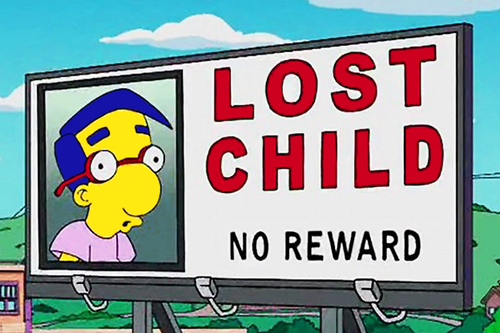 According to the Roman Laws of the XXII Tables, the father had the right to take the life of his infant son, to sell his adult son, i.e. was the sovereign ruler of the family. For the upbringing of children, the head of the family was responsible to the community.
According to the Roman Laws of the XXII Tables, the father had the right to take the life of his infant son, to sell his adult son, i.e. was the sovereign ruler of the family. For the upbringing of children, the head of the family was responsible to the community.
Description of traditional Roman education is reflected in the composition of Cato the Elder in his "Book dedicated to the son."
From the 2nd century BC in Rome, the grammatical ideal of education begins to prevail, however, with its own characteristics. Accounting goes into the background, they are pushed aside by the study of laws. There are virtually no music and gymnastics lessons. Instead, young people are taught horseback riding, fencing and swimming. In the families of the Roman nobility - nobles - home schooling dominates with the invitation of teachers - the Greeks. However, not everyone could afford it.
School education was organized as follows. Elementary education was given in trivial schools. These were private schools with an indefinite period of study and various programs. Often, girls also studied with the boys. These schools were located wherever necessary: in the teacher's dwelling, in the artisan's workshop, or even right on the street in the yard (hence the name trivium - a crossroads). The children sat on the floor, and the teacher sat on a chair. Children were taught the laws of Rome, reading, writing, counting.
These were private schools with an indefinite period of study and various programs. Often, girls also studied with the boys. These schools were located wherever necessary: in the teacher's dwelling, in the artisan's workshop, or even right on the street in the yard (hence the name trivium - a crossroads). The children sat on the floor, and the teacher sat on a chair. Children were taught the laws of Rome, reading, writing, counting.
The teaching methodology was the same as in ancient Greece, but the goals were more pragmatic, which turned the Roman schools into typical schools of study. The profession of an elementary school teacher was equated with the profession of an artisan and was not respected. Teachers, opening a school, themselves looked for students, they themselves collected fees from parents. The income of the teacher was meager.
Grammar schools (advanced school) were originally opened by Greek teachers and differed little from the schools of Ancient Greece.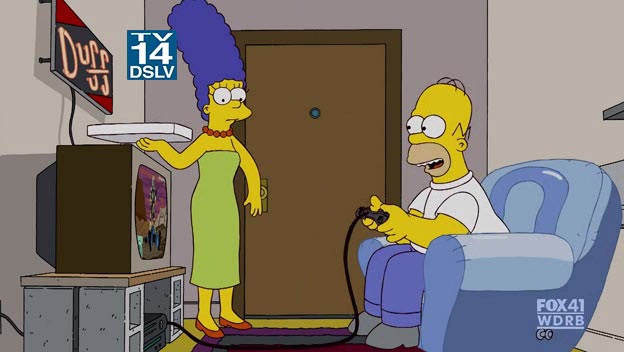 From the II century BC. Latin and Greek-Latin grammar schools spread. Boys from 12 to 16 years old studied in them. Textbooks and anthologies were created for these schools, containing excerpts from the works of Homer, Virgil, Cicero, and other authors. The teachers of these schools occupied a higher position. Sometimes they were in the public service and received a salary.
From the II century BC. Latin and Greek-Latin grammar schools spread. Boys from 12 to 16 years old studied in them. Textbooks and anthologies were created for these schools, containing excerpts from the works of Homer, Virgil, Cicero, and other authors. The teachers of these schools occupied a higher position. Sometimes they were in the public service and received a salary.
Rhetorical schools existed for young people of aristocratic origin. The training program included oratory and practical exercises in writing speeches on a given topic. In parallel, knowledge was given in philosophy, law, history. The training was focused on comprehensive mental development. The teachers of these schools were wealthy people and played an important role in the political life of the Roman Empire.
For the families of the Roman nobility, original educational centers were created - colleges of youth. They were first formed by Emperor Augustus in Rome for the youth of patrician families in order to form the ruling elite, then they spread throughout the empire.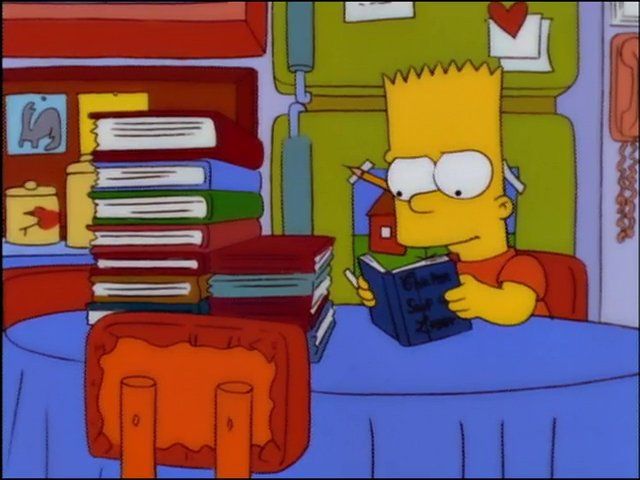 At the final stage of education, educational trips were organized for students to cultural centers of culture and education - Athens, Alexandria, etc.
At the final stage of education, educational trips were organized for students to cultural centers of culture and education - Athens, Alexandria, etc.
A stable school canon was established in the Roman Empire. He named 9 main school disciplines: grammar, rhetoric, dialectics, arithmetic, geometry, astronomy, music, medicine, architecture. Later, medicine and architecture were excluded from the school curriculum. School subjects were called "liberal arts" and were intended for the children of the elite. For slaves, there were "mechanical arts" that prepared them for handicraft, production activities. At the end of the Roman Empire, two divisions of the school course were established: trivium and quadrivium.
Grammar, rhetoric, dialectic were trivium. Arithmetic, geometry, astronomy, music made up the quadrivium.
Homer was blind, and Beethoven was deaf, and Demosthenes was tongue-tied... - Teacher's newspaper
Modern children, what are they like? Athletic, inquisitive, sociable, liberated, independent.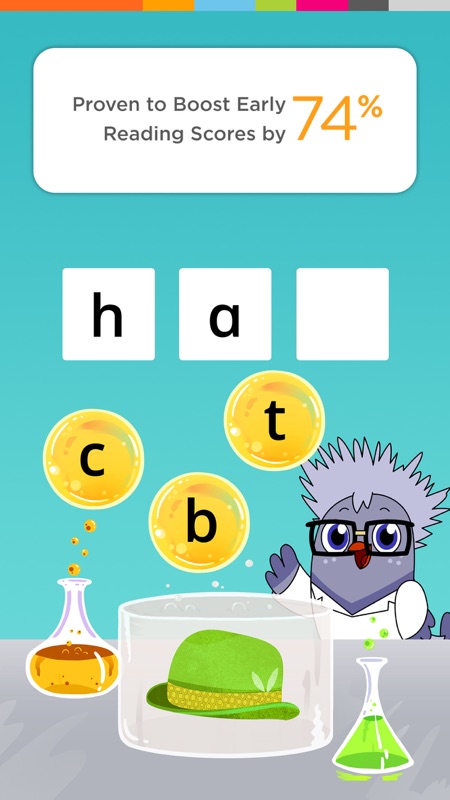 BUT! Unfortunately, there are other children as well.
BUT! Unfortunately, there are other children as well.
At the present stage, it is not customary to call children with disabilities disabled. They, like all children, have the right to education, to an active, full life in society. The inclusion of children with disabilities in society is one of the urgent socio-economic and demographic problems of modern Russian society. In our country, the number of children with developmental disabilities is constantly increasing. The birth of a child with disabilities is a big shock for the family. The parents of such a child experience a feeling of inferiority, hopelessness. Painfully react to the attitude of others.
Often this parental attitude has a negative impact on the development of a sick child. Mothers raising a "special child" are in a situation of constant stress, are often depressed, feel guilty, it is more difficult for them to exercise self-control of negative emotions in relation to children. Excessive immersion in raising a sick child leads to social isolation and frustration of basic needs. Forced changes in parental ideas and expectations regarding a sick child and the inability to change his biological and psycho-emotional status can lead to the rejection of the child by the mother. A family in such a situation simply needs comprehensive special assistance, constant support from the state, medical and preschool institutions, and social protection.
Forced changes in parental ideas and expectations regarding a sick child and the inability to change his biological and psycho-emotional status can lead to the rejection of the child by the mother. A family in such a situation simply needs comprehensive special assistance, constant support from the state, medical and preschool institutions, and social protection.
In recent years, new forms of preschool education have been actively developing in Moscow. And in our kindergarten No. 2399, since 2005, 2 groups of short-term stay "Special Child" have been opened, and since 2007 - a lekoteka.
The work of specialists in these groups is aimed not only at developing the vital skills of children, enriching their social experience, developing cognitive interest, but also at preparing an accompanying adult. We believe that the key to the success and effectiveness of the entire correctional and pedagogical impact on children with special needs is the constant orientation of parents to actively participate in the rehabilitation process, the creation and support of their faith in the possibility of improving the child's condition.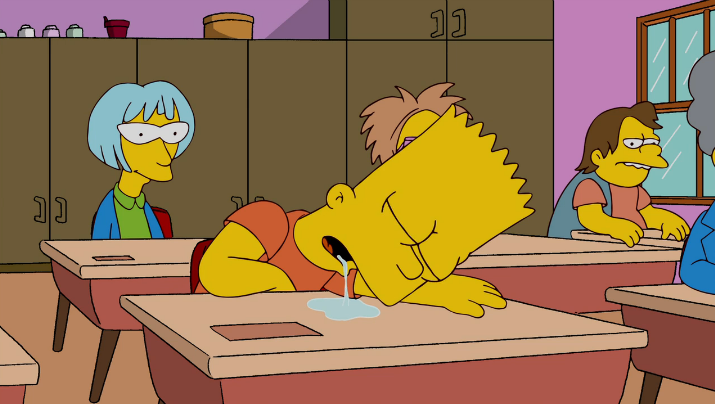 Therefore, our main task is to educate a positive, adequate parental position, which is characterized by:
Therefore, our main task is to educate a positive, adequate parental position, which is characterized by:
orientation of parents in the upbringing of the child to the qualities objectively inherent in the child and the real level of his development;
the formation of dynamism in the parent - the ability to have an in-depth understanding of the child, flexibility in interacting with the child, the ability to change the forms and methods of influence in connection with his age-related changes, the variability of the impact on the child in accordance with various situations;
the development of predictiveness in parents - foreseeing the prospects for the further development of the child, the ability to build interaction with the child, taking into account this foresight.
We, specialists, have a goal - to revive or form a parent's faith in their child, to accept him as a person who must and can realize his inner potential. It is known that the possibilities of children with a complex structure of a developmental defect in learning are not as great as in healthy children. And yet there are no unteachable children. It is necessary to show the mother even the most insignificant, barely noticeable successes of the child in educational or other activities, which will certainly be, only to achieve them, you need to choose a task that is accessible to children and be patient.
And yet there are no unteachable children. It is necessary to show the mother even the most insignificant, barely noticeable successes of the child in educational or other activities, which will certainly be, only to achieve them, you need to choose a task that is accessible to children and be patient.
During the classes in the "Special Child" group and in the Lecotheque, we teach parents to create conditions for the development of children with special needs at home, taking into account the individual characteristics of deviations in the development of their child. This is the main task of the family, as well as increasing the activity of the child, and developing his independence. Learning takes place not only in the classroom, but also in everyday life during regime moments (dressing, washing, eating, cleaning). We show parents how important it is to remember when organizing developmental activities with special children that an unlimited amount of experience acquired through visual, tactile and auditory perception is an indispensable basis for the child's mental development. Together with parents, we try to organize the learning process in such a way that it does not take place mechanically, but is consistent with the desires of the child, satisfies his needs, stimulates interests, develops them further and increases the baby's ability to communicate (cooperate). Only in this case the child experienced pleasure from the results achieved. The main thing in this process is not only that parents help him, but also that the child himself helps adults who are waiting for this help and show how happy they are when they receive it. This is the path to independence and self-awareness. With our help, parents gradually come to the understanding that it is not necessary to slow down the activity of the child, but on the contrary, it is necessary to always and in every possible way encourage him and direct his energy in the right direction. For example, in classes with a psychologist, parents get acquainted with the basics of the Maria Montessori system, which are indispensable when working on the development of sensory functions.
Together with parents, we try to organize the learning process in such a way that it does not take place mechanically, but is consistent with the desires of the child, satisfies his needs, stimulates interests, develops them further and increases the baby's ability to communicate (cooperate). Only in this case the child experienced pleasure from the results achieved. The main thing in this process is not only that parents help him, but also that the child himself helps adults who are waiting for this help and show how happy they are when they receive it. This is the path to independence and self-awareness. With our help, parents gradually come to the understanding that it is not necessary to slow down the activity of the child, but on the contrary, it is necessary to always and in every possible way encourage him and direct his energy in the right direction. For example, in classes with a psychologist, parents get acquainted with the basics of the Maria Montessori system, which are indispensable when working on the development of sensory functions. We provide parents with the opportunity to make sure in practice that such exercises are especially relevant for children with a complex structure of a developmental defect, since the sensory perception of the world often forms the only basis for the mental life of such a child. Taking into account individual characteristics, together with parents, using the material of Maria Montessori, we give the child the opportunity to realize the natural need for independent activity, which allows the maximum possible development of coordination of movements, motor dexterity and cognitive interest.
We provide parents with the opportunity to make sure in practice that such exercises are especially relevant for children with a complex structure of a developmental defect, since the sensory perception of the world often forms the only basis for the mental life of such a child. Taking into account individual characteristics, together with parents, using the material of Maria Montessori, we give the child the opportunity to realize the natural need for independent activity, which allows the maximum possible development of coordination of movements, motor dexterity and cognitive interest.
Another form of our work that is interesting to parents as much as children is play sessions. We consider them as the creation of a primary basis for the child's social adaptation, which includes the development of the ability to actively adapt to social conditions. This ability is formed as the ability to objectively assess the situation and bring one's behavior in line with environmental conditions develops.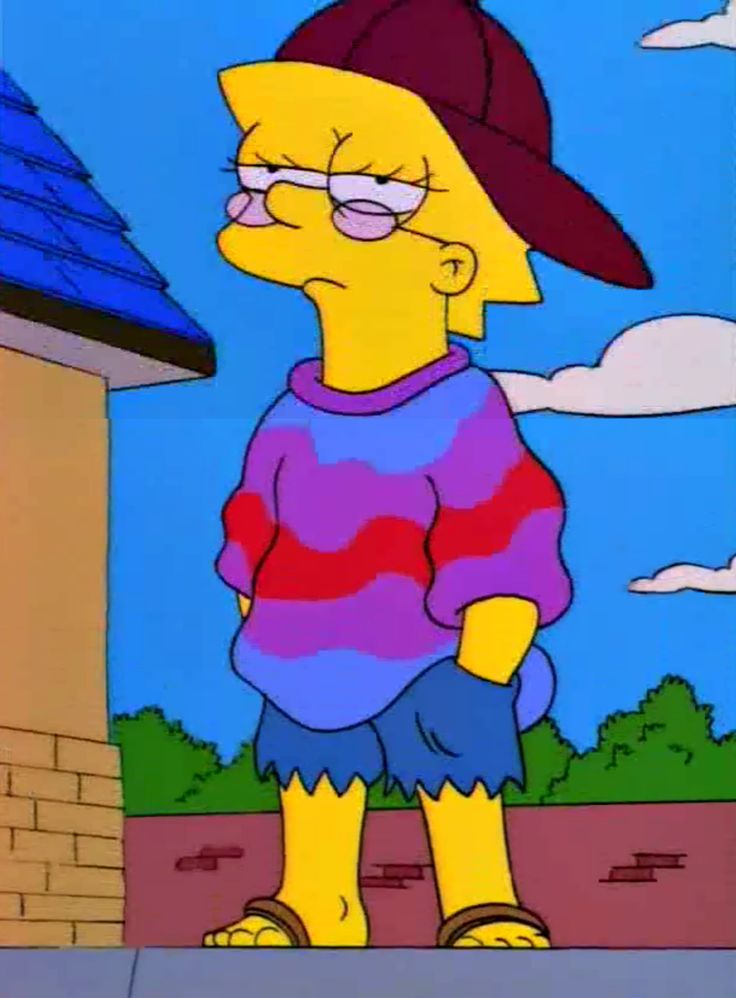 Our task is to help parents form in children with special needs a set of behavioral algorithms in different situations, as well as the ability to choose the most optimal behavior. This task is successfully solved in the process of collective lessons with children and accompanying adults. During such gaming sessions, we use elements of fairy tale therapy, art therapy, sand therapy, and music therapy.
Our task is to help parents form in children with special needs a set of behavioral algorithms in different situations, as well as the ability to choose the most optimal behavior. This task is successfully solved in the process of collective lessons with children and accompanying adults. During such gaming sessions, we use elements of fairy tale therapy, art therapy, sand therapy, and music therapy.
Collective activities with "special" children help in the formation of humane feelings, removal of the cycle of isolation, loneliness, emotional stress not only for children, but also for parents. And it is no coincidence that we conduct group classes in the form of a game session. After all, it is necessary to play with a “special” child in the same way as with a healthy one, only the conditions for playing activities must be carefully thought out and prepared. During the course of the game, taking place together with parents or other significant adults, the child's activities are directed in the right direction in a natural way. We strive to convince parents that an adult should take the initiative in playing with a child as often as possible. It is the adult who arouses interest in the child in activities, and with his help the child achieves the goal, due to which the activity of the baby increases, attention increases, and the child seeks to cooperate with the adult, and later with peers.
We strive to convince parents that an adult should take the initiative in playing with a child as often as possible. It is the adult who arouses interest in the child in activities, and with his help the child achieves the goal, due to which the activity of the baby increases, attention increases, and the child seeks to cooperate with the adult, and later with peers.
The game can also be used to train motor, speech and cognitive skills. And this should be taught to all children, regardless of the severity of their condition, only the choice of the content of the game, its subject and forms of conduct are determined by the degree of formation of the child's psychophysical functions.
Unfortunately, in our joint work with children and parents, we encounter inadequate reactions of children due to their characteristics. Children are often prone to aggression, emotional imbalance. And in order to help parents avoid such situations, to prevent their recurrence, we teach parents to use the method of holding therapy, based on which the mother becomes able to cope with the child at the time of crisis. The peculiarity of this method allows the parent to become a kind of psychotherapist for his child. After all, holding therapy is based on close physical contact with the child against the background of positive emotional communication, and what can be more natural and pleasant for the child than mother's hugs. Following our advice, parents achieve a psychophysical and functional balance in the behavior of the child, which makes him more receptive, confident in the help and sympathy of parents. Ultimately, holding therapy is aimed not only at the child, but also at the family. Therefore, the behavior of parents becomes more adequate, they perceive their role in correcting the behavior of their children in a different way, it is easier to cope with their own irritation and anger. After all, now they know how to act in critical situations. And when a person is confident in his abilities, he reacts more calmly to difficulties.
The peculiarity of this method allows the parent to become a kind of psychotherapist for his child. After all, holding therapy is based on close physical contact with the child against the background of positive emotional communication, and what can be more natural and pleasant for the child than mother's hugs. Following our advice, parents achieve a psychophysical and functional balance in the behavior of the child, which makes him more receptive, confident in the help and sympathy of parents. Ultimately, holding therapy is aimed not only at the child, but also at the family. Therefore, the behavior of parents becomes more adequate, they perceive their role in correcting the behavior of their children in a different way, it is easier to cope with their own irritation and anger. After all, now they know how to act in critical situations. And when a person is confident in his abilities, he reacts more calmly to difficulties.
Holding therapy helps parents not only cope with the child's negative emotional manifestations, but also prevent them. It also normalizes the general psychological climate in the family.
It also normalizes the general psychological climate in the family.
Specialists - defectologist, speech therapist, psychologist - in individual classes set themselves another task - to help the parent acquire the skills of independent corrective work with the child, because the lesson in kindergarten lasts a short time, and it is necessary to constantly consolidate the formed skills.
In this case, the adult becomes the main teacher for his child. We introduce parents to pedagogical technologies focused on the individual characteristics of the child, teach them to observe changes in the reactions of the baby and record even his minor successes. We draw their attention to the fact that the technologies used must be repeated, consolidated, planned and worked out, only then there will be a result.
To make it more convenient and easier to work with your child at home, we are compiling a selection of materials with homework assignments, recommendations and advice to help parents.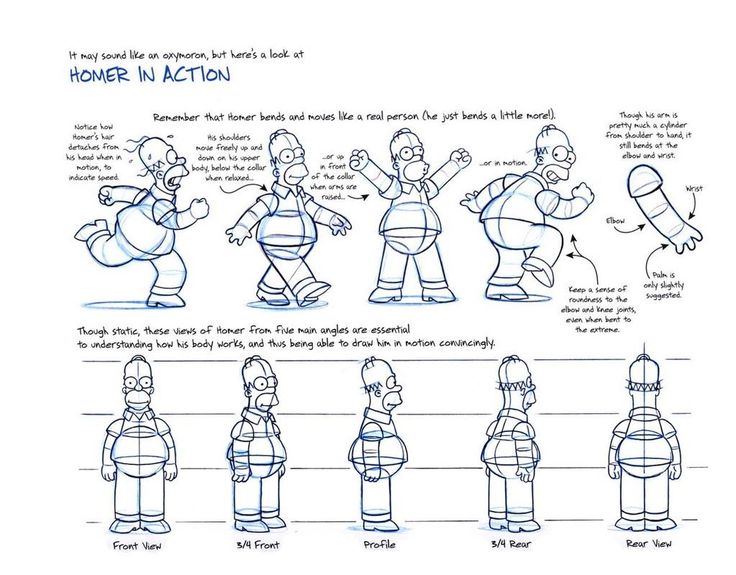 We answer questions that often concern parents, give advice on how to use toys and play aids correctly and effectively, how to teach a child self-care, hygiene skills, and cope with the manifestation of negative behavioral reactions of a special child. We draw up our recommendations in the form of leaflets, which consist of 2 series. One of them - "Teach me, mom" - contains specific sets of simple but entertaining exercises, selected taking into account the level of individual development of each child from simple to more complex. These memos have become a continuation of individual lessons with specialists to consolidate and work out the material and do not cause difficulties for parents when using. Another series is "School for Parents". In it, we tell parents about how to organize classes at home, how to use toys and game aids correctly and effectively, as well as how and how to entertain and entertain a child for the benefit of his development and how to consolidate the acquired skills.
We answer questions that often concern parents, give advice on how to use toys and play aids correctly and effectively, how to teach a child self-care, hygiene skills, and cope with the manifestation of negative behavioral reactions of a special child. We draw up our recommendations in the form of leaflets, which consist of 2 series. One of them - "Teach me, mom" - contains specific sets of simple but entertaining exercises, selected taking into account the level of individual development of each child from simple to more complex. These memos have become a continuation of individual lessons with specialists to consolidate and work out the material and do not cause difficulties for parents when using. Another series is "School for Parents". In it, we tell parents about how to organize classes at home, how to use toys and game aids correctly and effectively, as well as how and how to entertain and entertain a child for the benefit of his development and how to consolidate the acquired skills.

